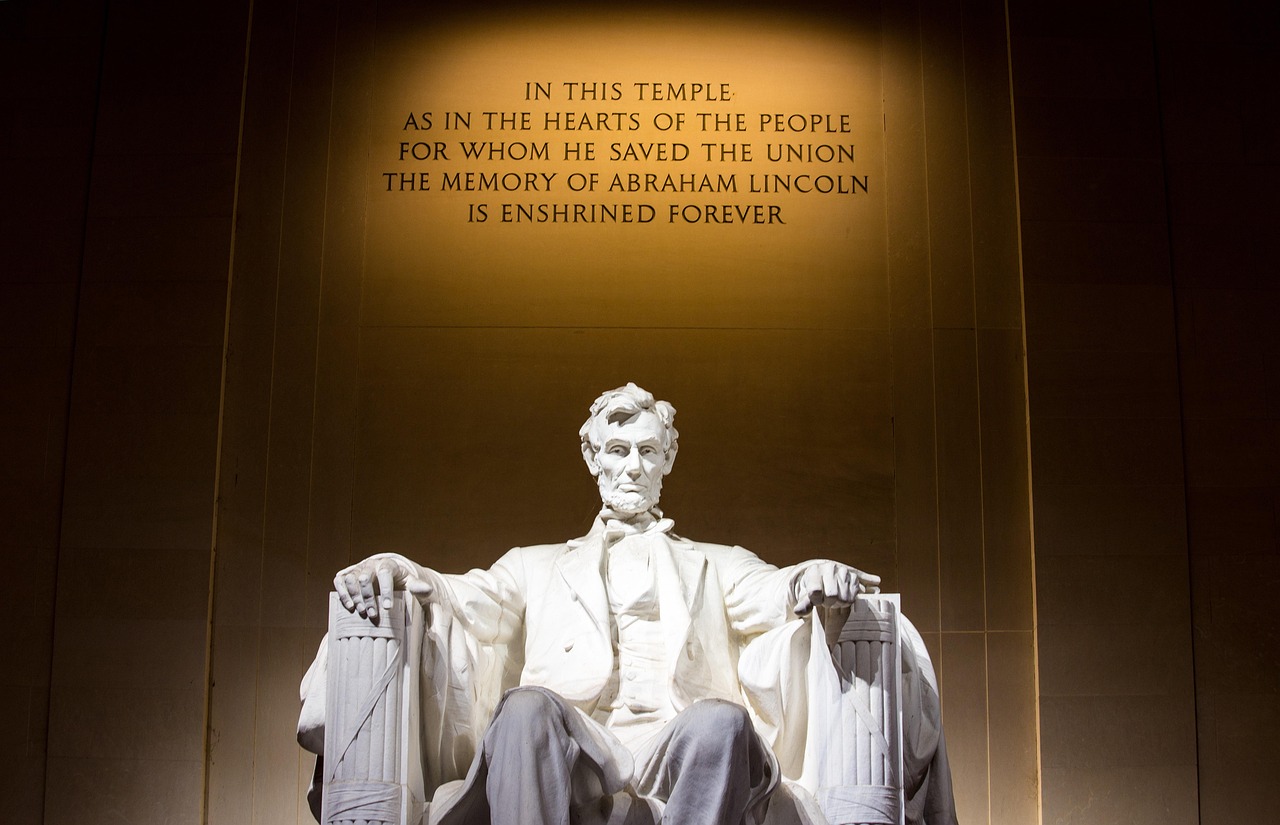Abraham Lincoln: The Rail-Splitter

Abraham Lincoln, the renowned 16th President of the United States, emerged from humble beginnings to become one of the most celebrated leaders in American history. Born in a log cabin in Kentucky, Lincoln’s early life was marked by manual labor, including his work as a rail-splitter in Illinois. Self-educated and determined, he pursued a career in law and eventually politics, serving a single term in Congress before his presidential election. Despite a nation torn by civil war, Lincoln’s resolve to preserve the Union and his issuance of the Emancipation Proclamation in 1863 paved the way for the abolition of slavery. His leadership exemplifies how perseverance and moral conviction can elevate the most unlikely individuals to positions of great influence.
Nelson Mandela: From Prisoner to President

Nelson Mandela’s journey from a political prisoner to the first black president of South Africa is a testament to the power of forgiveness and resilience. Mandela spent 27 years in prison for his efforts to dismantle apartheid, emerging as a global symbol of hope and reconciliation. As president from 1994 to 1999, he focused on uniting the deeply divided nation and establishing a foundation for social justice and equality. Mandela’s leadership style, rooted in empathy and understanding, inspired a peaceful transition to democracy in South Africa. His story underscores the potential for even the most marginalized individuals to effect profound change and become leaders on the world stage.
Margaret Thatcher: The Grocer’s Daughter

Margaret Thatcher, famously known as the “Iron Lady,” was an unexpected figure in British politics. Born to a grocer in Grantham, her modest upbringing shaped her pragmatic and determined approach to leadership. In 1979, she broke the glass ceiling by becoming the first female Prime Minister of the United Kingdom, a role she held for over a decade. Thatcher’s policies, characterized by a focus on free markets and reducing the influence of the state, transformed the British economy, though they were often polarizing. Her tenure highlighted how determination and a strong vision can propel even those from humble beginnings to the forefront of global leadership.
Barack Obama: The Community Organizer

Barack Obama’s rise to become the 44th President of the United States is a narrative of hope and change. Born to a Kenyan father and an American mother, Obama’s mixed-race background and early career as a community organizer in Chicago’s South Side were unconventional foundations for a presidential bid. His historic 2008 election marked a significant milestone in American history, as he became the first African American president. During his presidency, he implemented key policies like the Affordable Care Act and oversaw operations leading to the elimination of Osama bin Laden. Obama’s ability to inspire diverse groups and instill hope in the American populace underscores how unconventional pathways can lead to impactful leadership.
Angela Merkel: The Scientist Turned Politician

Angela Merkel’s ascent to the role of Germany’s first female Chancellor is a story of unexpected leadership. Initially trained as a physicist, Merkel’s analytical and methodical approach to problem-solving set her apart in the political arena. Her tenure from 2005 to 2021 was marked by pragmatic governance, steering Germany through the European debt crisis and maintaining a steady hand in a turbulent world. Merkel’s leadership emphasized stability and inclusivity, earning her a reputation as one of the world’s most influential leaders. Her journey from science to politics illustrates how expertise in seemingly unrelated fields can translate into effective governance.
Justin Trudeau: The Unexpected Heir

Justin Trudeau, the current Prime Minister of Canada, defied expectations with his charismatic rise in politics. As the son of former Prime Minister Pierre Trudeau, he faced skepticism and comparisons, yet his fresh approach to governance captured the public’s imagination. Elected in 2015, Trudeau focused on inclusivity, diversity, and environmental sustainability, reshaping Canada’s national identity. His emphasis on empathy and progressive policies resonated with a broad spectrum of voters. Trudeau’s leadership highlights how familial political ties, when combined with personal charisma and vision, can lead to unexpected success on the world stage.
Jacinda Ardern: The Young Leader

Jacinda Ardern’s ascent to the role of New Zealand’s Prime Minister at the age of 37 brought a breath of fresh air to global politics. Her leadership style, characterized by compassion and empathy, became particularly evident during crises such as the Christchurch mosque shootings and the COVID-19 pandemic. Ardern’s focus on mental health, social issues, and inclusive policies redefined leadership for the 21st century. Her ability to connect with people and lead with kindness has made her a global icon, demonstrating that youth and empathy are powerful assets in political leadership.
Emmanuel Macron: The Political Outsider

Emmanuel Macron’s unexpected rise to the presidency of France highlights the potential for outsiders to disrupt traditional political landscapes. With a background in investment banking and a brief tenure as Minister of Economy, Macron launched a centrist political movement that resonated with a diverse electorate. His presidency has been marked by efforts to modernize the French economy and address global challenges like climate change. Macron’s journey underscores how non-traditional candidates can challenge established norms and bring fresh perspectives to governance.
Aung San Suu Kyi: The Nobel Laureate

Aung San Suu Kyi’s transformation from a political prisoner to a leader in Myanmar is a tale of perseverance and controversy. As a Nobel Peace Prize laureate, her commitment to democracy and human rights made her a symbol of resistance against military rule. In 2015, she led her party to an electoral victory, becoming the State Counsellor of Myanmar. However, her leadership faced criticism for her handling of the Rohingya crisis, highlighting the complexities and challenges of governance. Suu Kyi’s story reflects the difficulties faced by leaders emerging from oppressive regimes, as well as the expectations placed upon them.
Boris Johnson: The Unconventional Politician

Boris Johnson’s trajectory from journalism to the Prime Minister of the United Kingdom is a testament to the power of charisma and an unorthodox approach. Known for his flamboyant personality and wit, Johnson’s ability to connect with the public helped him rise to prominence as the Mayor of London and later as Prime Minister. His leadership during pivotal moments such as Brexit and the COVID-19 pandemic showcased both his strengths and controversies. Johnson’s journey illustrates how a distinctive personality and an ability to engage with the electorate can lead to significant political influence.

